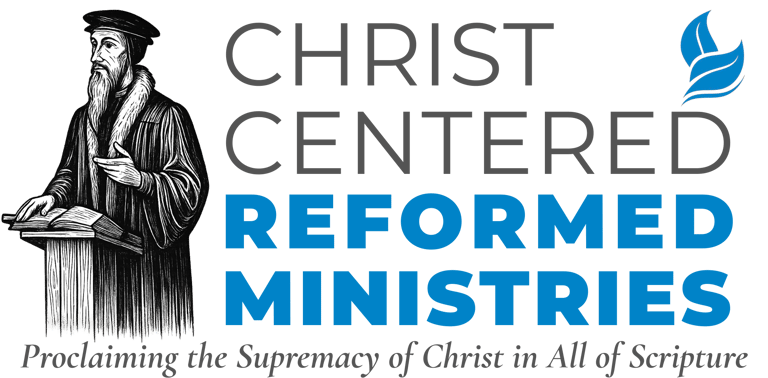Reasons for Adopting a Concise Statement of Faith in Churches
This article highlights the importance of offering both concise statements for general congregants and detailed confessions for church leaders. The piece introduces a 15-point Statement of Faith, providing a foundational guide for spiritual growth and understanding.
THEOLOGICAL ARTICLES
Justin Hoke
10/4/20232 min read


Promoting Unity: A concise creed emphasizes core tenets, diminishing potential rifts that can arise from non-essential theological debates. This ensures that congregants find common ground in fundamental beliefs, reducing minor disputes.
Inclusivity of Diverse Perspectives: By not requiring agreement on secondary theological issues unrelated to salvation, the church fosters an environment where varied interpretations can coexist harmoniously.
Balancing Depth with Accessibility: While church leaders, like pastors, require an intricate understanding of theology to guide the congregation effectively, an intricate statement can be daunting to many lay members. Documents like the Westminster Confession delve into theological depths for those leading, while a simplified statement caters to the broader congregation, ensuring the right balance.
Catering to Varied Maturity Levels: The spiritual journey of every Christian is unique. While newcomers or those less versed in theology might grapple with intricate doctrines, a concise creed gives them a clear yet uncomplicated foundation. Meanwhile, seasoned believers can turn to more detailed confessional texts to deepen their understanding.
Growth-Oriented Approach: As believers progress in their faith journey, they naturally gravitate towards more profound theological insights. Having both concise and detailed statements means the church can nourish its members at every stage of their spiritual growth.
In essence, while a concise statement fosters unity and clarity among the congregation, a detailed confession equips church leaders with the theological depth required for guidance. Both approaches, therefore, hold unique value in nourishing the spiritual growth of the church community, ensuring harmony and facilitating deeper understanding at appropriate stages.
A Simple Statement of Faith
1. The Bible alone is the inspired, inerrant Word of God and the only infallible rule for faith and practice.
2. There is one God eternally existent in three persons: Father, Son, and Holy Spirit.
3. God sovereignly decrees all that comes to pass for His glory and the good of His people.
4. God created man upright but he fell into sin and misery. All are guilty and corrupted in Adam.
5. God graciously saves sinners by faith alone in Christ alone, through the regenerating work of the Holy Spirit.
6. The Lord Jesus Christ is fully God and fully man. He lived a sinless life and died as a substitute for sinners.
7. Sinners are justified by faith alone in Christ alone. Good works are the fruit of true faith.
8. The Holy Spirit indwells believers, sealing them for eternity. He empowers them to grow in grace.
9. The Church is the body of Christ. Baptism and the Lord's Supper are ordinances instituted by Christ.
10. At death, believers immediately enter God's presence. The souls of unbelievers go to torment.
11. Christ will physically return to judge all men. Believers will dwell with Him eternally.
12. The righteous will be resurrected to eternal life and the wicked to eternal punishment.
13. God's sovereign decrees do not violate human responsibility. His ways are often beyond our understanding.
14. True believers can neither totally nor finally fall away from the state of grace but they may fall into sin.
15. Prayer and the reading of Scripture are spiritual disciplines commanded by God for the spiritual growth of believers.
